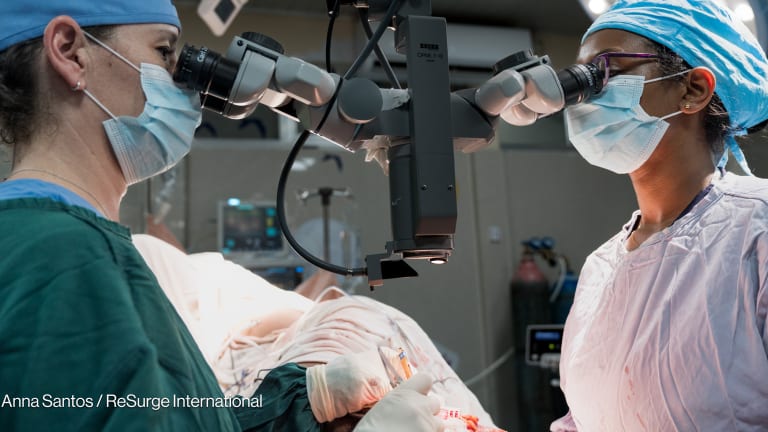New cancer cases and deaths in Africa are projected to double by 2030 and international organizations, local governments and local leaders need to step up and work together to tackle the challenge.
The epidemic of cancer has the potential to grow even faster than current projections as there is a greater adoption of behaviors such as smoking, unhealthy diets, and physical inactivity, said Richard Wender, chief cancer control officer at American Cancer Society, a nonprofit organization based in Washington, D.C. with a mission to eliminate cancer.
There were more than 600,000 new cancer cases in Africa in 2008, with a projection of 1.28 million new cases in 2030, Wender said at a recent event in Washington, D.C. Prostate cancer is the most commonly diagnosed among men and breast cancer among women in most countries in Africa, he added.








